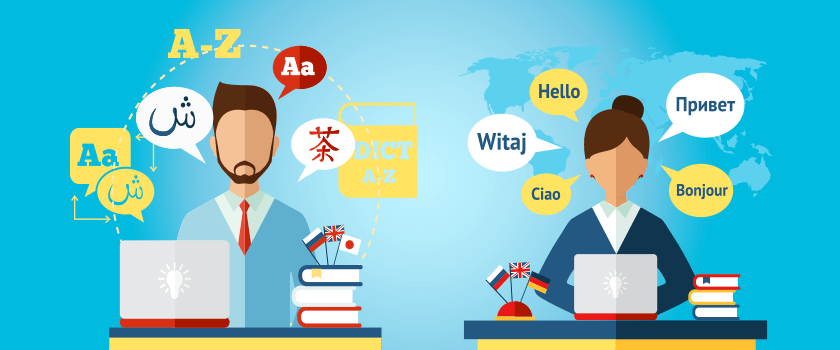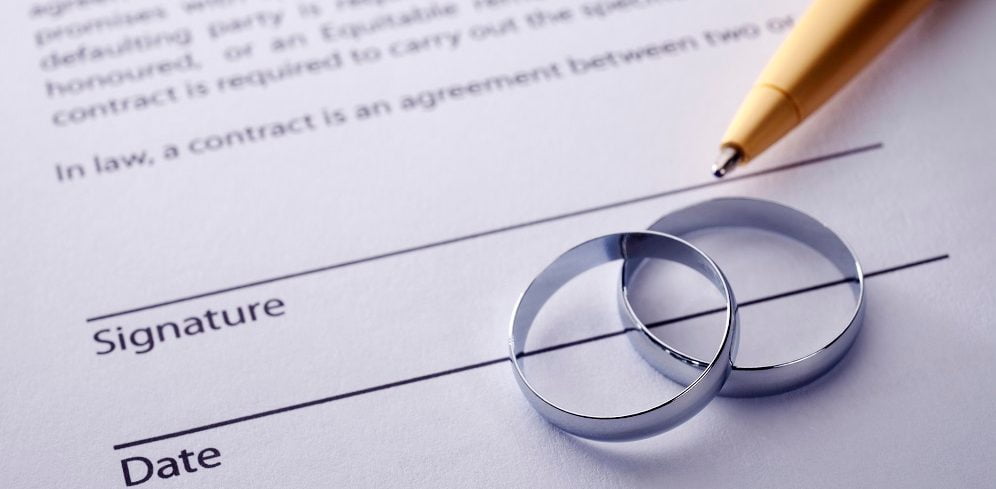The multicultural character and global economy of Dubai precondition the fact that the representational individuals belonging to all linguistic groups gather there and work, and are subject to the effects of the legal process. This is because the city deals with international business disputes to matters like applications to residency among other international transactions, clear communication across the languages is necessary. Legal translation and interpretation of the law are crucial in this context, though they are still mixed up by many individuals. Although the similarity between them lies in the two situations is that both are concerned with understanding, they are very different in the way, aim and control. In such a city as Dubai, where nothing can be discussed as inexact, awareness of the distinction can make people and companies escape issues of delays, legal issues, and misunderstanding.
Legal translation and legal interpretation aids the legal system in various aspects. Legal documents to be translated include written documents like the contracts, and certificates that have to be translated with certified translations and the spoken legal interactions where professional translators have to be applied in a court of law or legal meetings. Each of the services requires specific skills, and Dubai has rigorous requirements to make sure that both of them are done correctly. Since the stakes are usually high, the stakes to immigration, litigation, the ability to run the business, and other government approvals, it is important to select the right service to facilitate an easy sail along the legal waters.
Understanding Legal Translation in Dubai
Legal translation concentrates on translated legal text only; it does not involve translation of legal procedures. These records may contain such documents as contracts, agreements, moUs, corporate filings, judgment summaries, powers of attorney, property deeds, immigration documents, and personal certificates like birth, marriage, and divorce certificates. Most of these papers are mandatory by government departments in Dubai and the translation should be made by a legal translator authorized by the Ministry of Justice to be officially recognised.
Since the study of the law has a binding connotation, precision is necessary. All words, phrases, and clauses should be so accurate to the original intention. Even the tiniest mistranslation may alter a contractual duty or falsify the legal status of a person. This is the reason why it requires intensive research and focus. Legal translators will be those who will regularly resort to dictionaries, references to cases, and statutory texts in order to have it right in both languages and fitting the needs of the legal system.
Legal translation must also allow the knowledge of the distinction between civil law and common law terms that is of great importance in Dubai. Whereas the Dubai Courts adhere to the principles of civil law, the DIFC Courts refer to common law. With the translation, a translator has to be familiar with the concepts in one language to be handled in the relevant legal framework so that when the translation is done, the resulting translation is relevant and admissible. Working on linguistic subtlety, tone- keeping and legal meaning, legal translation is not just a mere task of converting the language, but it is a specialised profession.
Understanding Legal Interpretation in Dubai
Unlike the translation, legal interpretation is involved with the spoken communication. It is applied in the real-time environment in the form of court hearings, arbitration sessions, appointing a notary public, witness testimony, interviewing with the governmental authorities, and consultations between clients and lawyers. Interpretation involves instantaneous transformation of language utterances of one language to the other. The interpreter has to listen to the thing being said, comprehend it and repeat it immediately and correctly.
This is not an easy task as one is not given time to consult on references and revise the words. The interpreters will have to use their speed of thought, excellent listening abilities, comprehensive knowledge of legal terminology, and the skill of being dispassionate and concise when stressed. The misinterpretation during interpretation may impact the testimony, lead to a decision, or derail court proceedings. The legal landscape in Dubai is dynamic and multicultural and requires interpreters to be convenient in overcoming accents, cultural differences, and legal jargones.
Interpretation also requires a high level of interpersonal skills. Interpreters are supposed to remain professional in handling emotionally charged developments such as custody hearing, criminal-related or other negotiating situations. Interpreters working in office locations in Dubai may be requested to be approved or even accredited to the respective institutions involved in a way that only qualified individuals are involved in the legal processes. Their presence is the only reason why it is just as it is related to the need to make sure that language does not play a role in justice dispensation or a wrong decision.
Why the Distinction Matters in Dubai’s Legal Landscape
A red line between legal translation and legal interpretation is not a technical problem as such, but it is a plain question of quite whether various processes in Dubai are successful and legal. An example is that a document to be submitted to court has to be translated by a professional legal translator, otherwise it can be refused and this will result in delays or need to be recalculated. Likewise when a case is being listened to or arbitrated by the use of an unqualified interpreter, this may result in miscommunication hence impacts results or may result in misunderstanding that makes a case hard to end.
The legal ecosystem of Dubai is particular in its excessive complicatedness as it accommodates the residents representing hundreds of nationalities, facilitates the running of international businesses, and encompasses the civil and common law courts. All processes of legal communication, like the contract signing, or the hearing, require proper use of language. The decision to translate or interpret relies fully on whether the legal material is oral or written, and a proper choice of the service to do it will guarantee the strict adherence to the laws of Dubai.
This difference is useful to businesses in making contracts or negotiating transactions or regulatory filings. People also should have a clear understanding in their relationships with immigration, personal documentation, or disputes in the court of laws. The two services ultimately join hand in promoting transparency, fairness and efficacy within trans lingual society of Dubai.
The perception of the differences between legal translation and interpretation will assist individuals, companies and legal experts to operate in the system with more confidence. Legal translation provides documentation which is correct and checking whilst the legal interpretation provides a clear communication in verbal communication. Each of them is essential foundation of diverse legal environment of Dubai and ensure that language can never be viewed as a powerful force of unfairness and inaccessibility.


